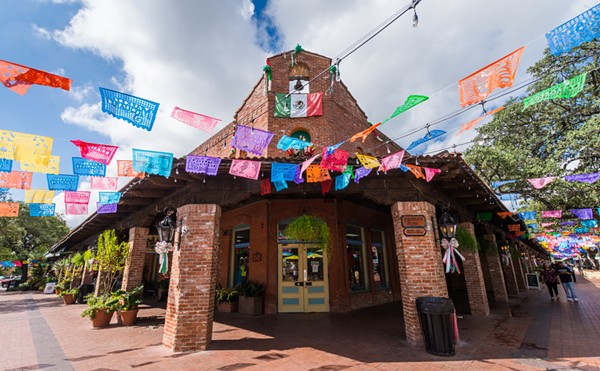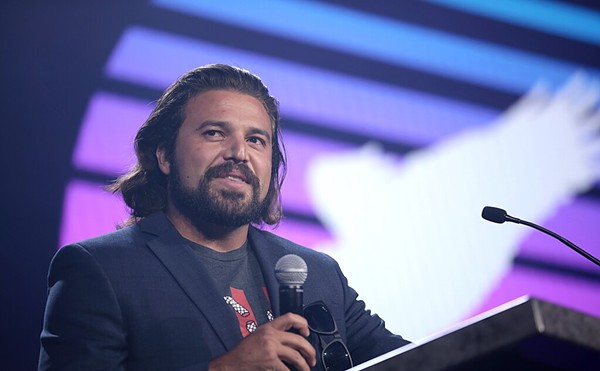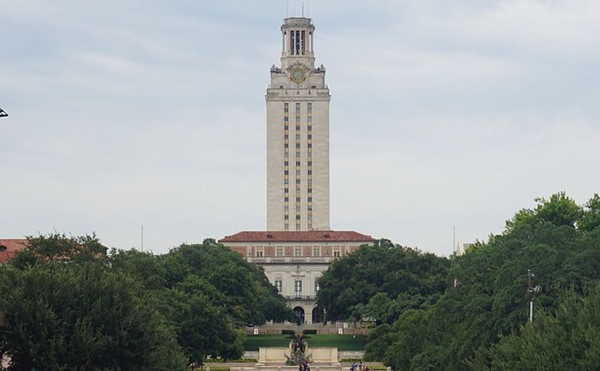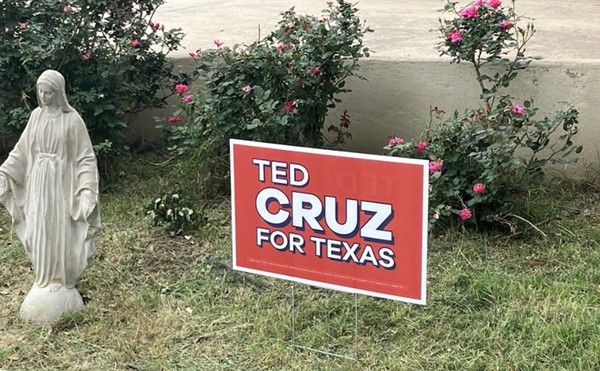What do the San Antonio Spurs, New Jersey Nets, Sacramento Kings, and Toronto Raptors all have in common? Excluding the fact that Tony Massenburg (look him up) played on each of ’em, they’re four of the nine teams receiving an NBA-low three All-Star nominations for February’s 2011 NBA All-Star Game in Los Angeles.
The NBA All-Star Ballot was released to the public last month after a panel of six national NBA media minders, including that infamous biter Marv Albert (look him up), assembled in the preseason to select the 120 players that would be on the ballot: 60 from the Eastern Conference and 60 from the Western Conference. Within each set of 60, nominations are broken down into 24 guards, 24 forwards, and 12 centers.
No need to kid ourselves: the NBA All-Star Game is a popularity contest. In a fan’s dream scenario it’s a video game. One night out of the year, the season’s context and consequences are thrown to the wind in favor of a fast-break fest, laden with dunks, the newest sneakers, and dunks in the newest sneakers.
Leading up to last year’s All-Star Game, Allen Iverson had played in only 25 games — three with the Memphis Grizzlies and 22 with the Philadelphia 76ers. Yet, based upon the fans’ voting, Iverson received his 11th All-Star selection. In the end, Iverson declined to play — citing personal reasons — but his selection ignited an interesting debate. That is, if a player’s performance is a shell of what it once was, should popular vote still propel him in front of players with better skills? Should we keep rewarding players with All-Star Game selections based upon who they once were?
The blame game surrounding Iverson’s 2010 selection went both ways. Fans objected to being criticized for picking from a pre-screened ballot, while the hoop-crazed establishment questioned fans for choosing popular players whose skill-sets and impact had clearly declined.
Blaming fans for selecting questionable All-Stars is too easy. The process requires fans to diligently comb through and analyze the season’s minutiae prior to their votes. The public doesn’t even do that in general political elections.
Furthermore, it strays from the idea behind the NBA All-Star Game. Instead of giving the fans what they want by way of an open vote, they are being told in advance what they should want.
Think about it this way: when I relinquish the power of the television remote to my girlfriend, how can I justifiably get angry at what she selects? (Unless it’s “Say Yes to the Dress.”)
It’s the same with the NBA All-Star Game. If you can’t fully accept the votes of fans, don’t yield them the power of the clicker.
As a Spurs fan, it’s a losing battle.
This year, the Spurs received a measly three nominations — Duncan, Ginobili, and Parker. Perspective: the afterthought Detroit Pissed Ons and haven’t-won-a-playoff-series-since-2001 Milwaukee Bucks received five each. Even the LeBron-less Cavaliers and the bottom-feeder Clippers received four each.
So now it’s our turn to vote on what we’ve been given. Spurs fans, listen up. Not to project my wants as commands, but write in Matt Bonner. Nothing “rocks the vote” harder than a Red Rocket with a jump-shot.
Rudy Gayby covers the Spurs along with Manuel Solis at Spuriosity (blogs.sacurrent.com). This is his first print column.

















